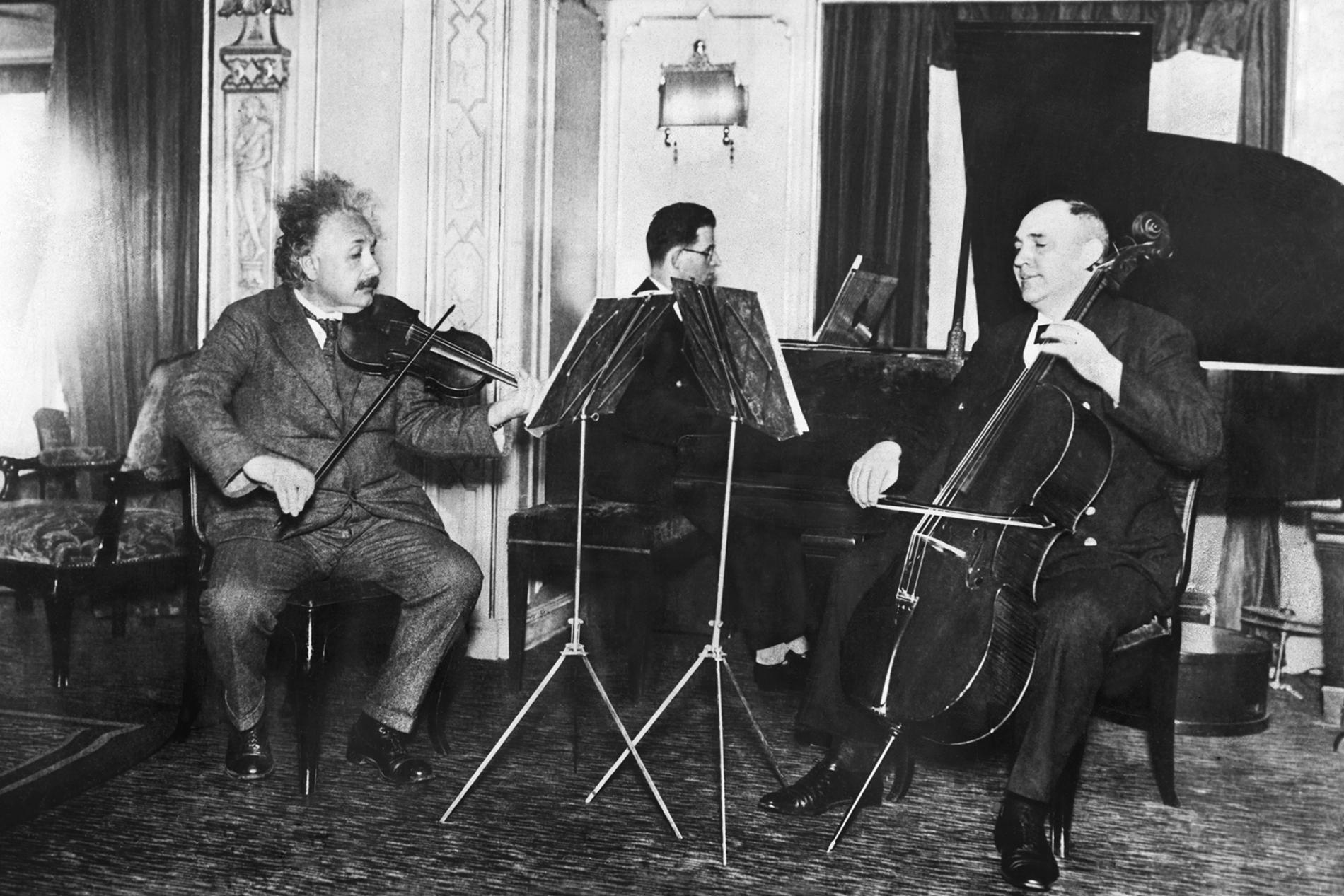I borrow the term Uomo Universale from the book How to Think Like Leonardo da Vinci by Michael Gelb. It means:
A polymath (Greek: πολυμαθής, polymathēs, “having learned much”, Latin: homo universalis, Italian: uomo universale, English: universal man) is a person whose expertise spans a significant number of different subject areas, known to draw on complex bodies of knowledge to solve specific problems.
— Polymath - Wikipedia
In the specialization age that we live in, being an Uomo Universale seems impossible or a luxury. However I don’t believe this is the case: among other benefits, having a wide “vision” gives capability to see things from different perspectives and provides the ability to come with creative frames to problems. As Steve Jobs once said:
Edwin Land of Polaroid talked about the intersection of the humanities and science. I like that intersection. There’s something magical about that place. There are a lot of people innovating, and that’s not the main distinction of my career. The reason Apple resonates with people is that there’s a deep current of humanity in our innovation. I think great artists and great engineers are similar, in that they both have a desire to express themselves. In fact some of the best people working on the original Mac were poets and musicians on the side. In the seventies computers became a way for people to express their creativity. Great artists like Leonardo da Vinci and Michelangelo were also great at science. Michelangelo knew a lot about how to quarry stone, not just how to be a sculptor.
— Steve Jobs by Walter Isaacson
Such intersections are the specialities of Uomo Universales and they enhance their careers.
Another great example for Uomo Universale was Einsten. Einstein was known for his famous formula $\ e = mc^2$ and analytical capabilities but almost everyone ignores Einstein’s artistic persona and relationship with music.

Photograph by The New York Times, Redux
Not only he loved Mozart’s violin sonatas and said that “I know most joy in my life has come to me from my violin.” but he frequently played classical music as a brainstorming technique:
“As a little girl,” Einstein’s second wife Elsa once remarked, “I fell in love with Albert because he played Mozart so beautifully on the violin. He also plays the piano. Music helps him when he is thinking about his theories. He goes to his study, comes back, strikes a few chords on the piano, jots something down, returns to his study.”
Obviously these intersections don’t exist only between science and art. We have already been seeing the power of interdisicplinary practises of sciences and the contributions of multidisiplinary collaboration of teams at corporations.
Indeed it’s just a form of life of many and I’d like to encourage anyone who wants to follow different one. Since human beings are naturally different and diverse, and this is one of the main reason that human life flourishes. Nonetheless mine is clear.